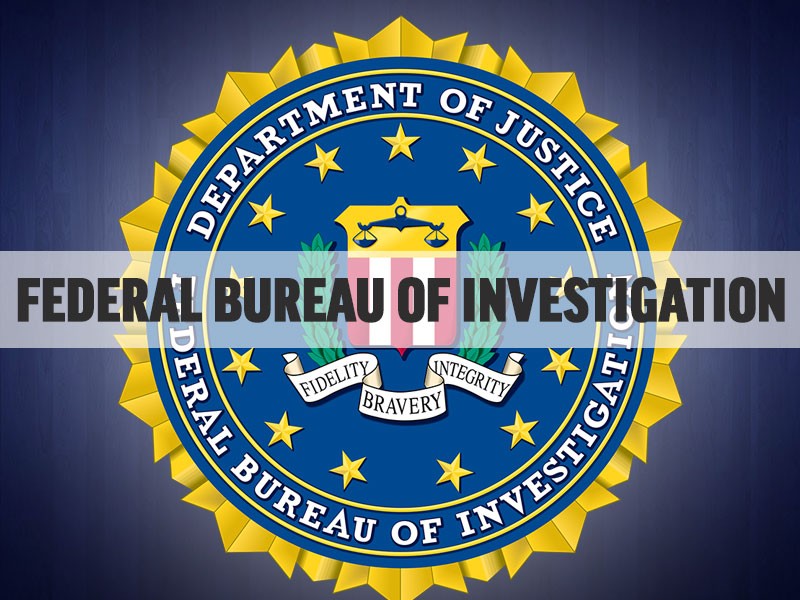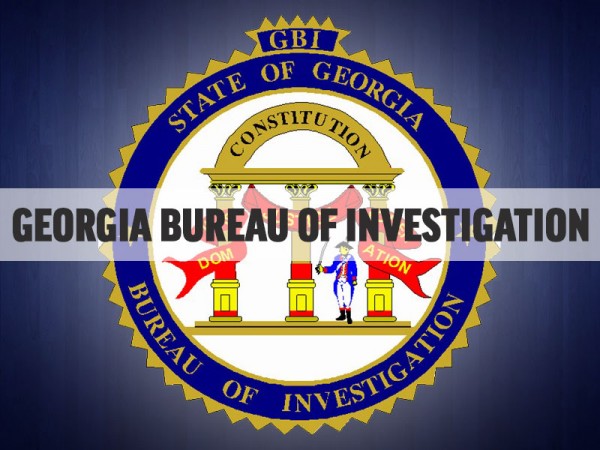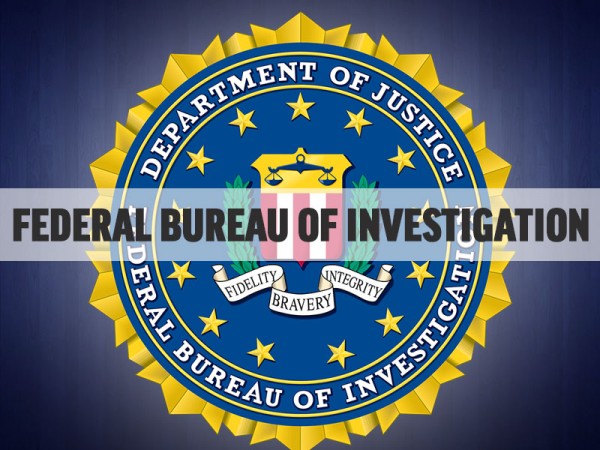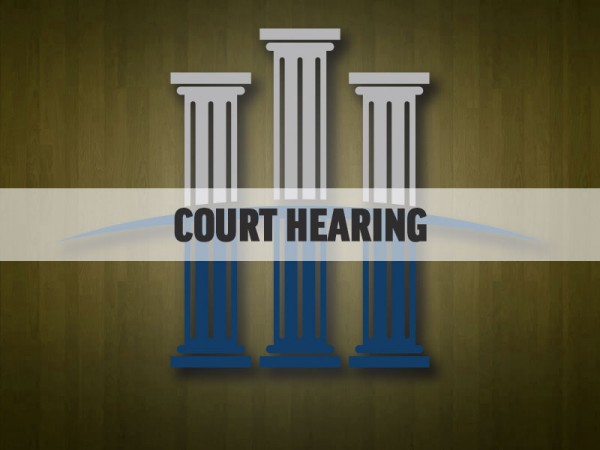The holiday shopping season is underway, and with it, authorities warn that there may be a rise in potential online shopping scams.
FBI Atlanta Office Spokesman Tony Thomas spoke on WDUN’s The Drive at 5 Friday about the potential strategies scammers may use this holiday season to take advantage of those looking for deals.
“Let's face it, these criminals, this is, for many of them, a full-time job,” Thomas said. “They're very good at it. And they're getting better with technology–and that's the warning we get out.”
Thomas highlighted that from January to October 15 of this year, the Internet Crimes Complaint Center received over 40,000 reports nationwide for non-payment or non-delivery of goods, with a loss of about $250 million. In 2022, $281 million was reportedly lost across the country from online scams. Statewide, 1,429 Georgians fell victim to these scams for a loss of $7.1 million.
Regardless of the time of year, most scams are initiated through social media or by sending fraudulent links or codes to consumers via email or messaging. Thomas said these tactics are frequently referred to as “phishing” and “smishing.”
“Our agents are warning, be very careful of those because a lot of times, those are either putting malware on your phones, or they're simply an attempt to get your information,” Thomas said. “Don't click on what is sent to you. That's, many times, how people will get you in that first step.”
Thomas also noted that the power of AI now poses an additional threat to consumers.
“Before a lot of these scams were written in poor English, or the phrasing just wasn't right– you could tell it was a scam, if you're paying attention, pretty quickly,” he explained. “Now, with artificial intelligence coming along, you can be sitting in name– your –foreign– country, and your scam, your letter, your texts, can be in perfect English, because of AI. That's another thing we're warning people to be very careful of. Even if it does sound like it's written by, say, your next-door neighbor, it could be somebody halfway around the world just trying to separate you from your cash.”
For those who realize they may have been scammed, a few things can be done to recover the losses.
Thomas recommended victims first call their bank to see if the transaction could be canceled. Victims are also encouraged to call their local authorities to file a report and contact the FBI.
Online shopping scams can be reported to the Internet Crimes Complaint Center at IC3.gov.
















